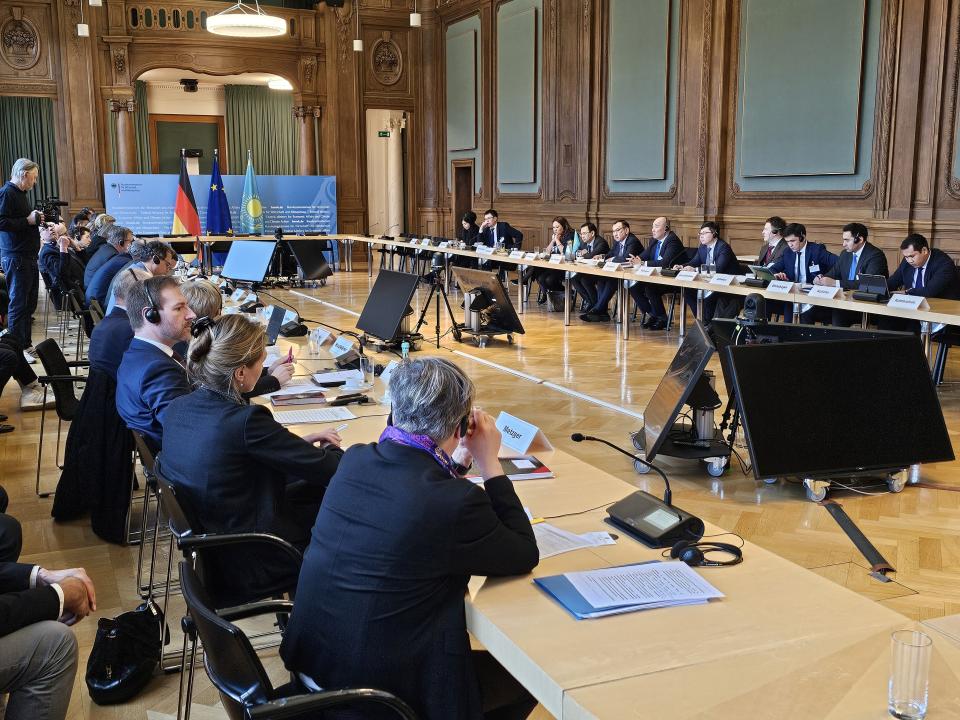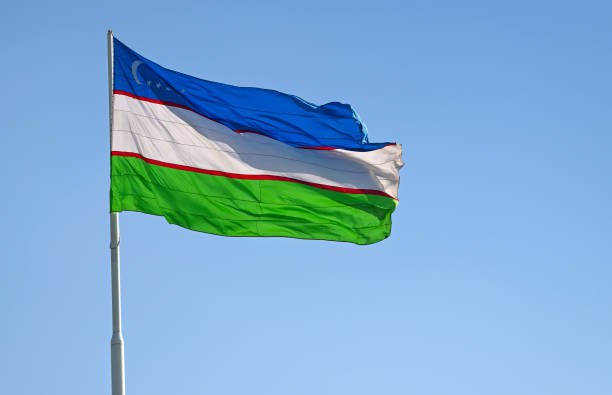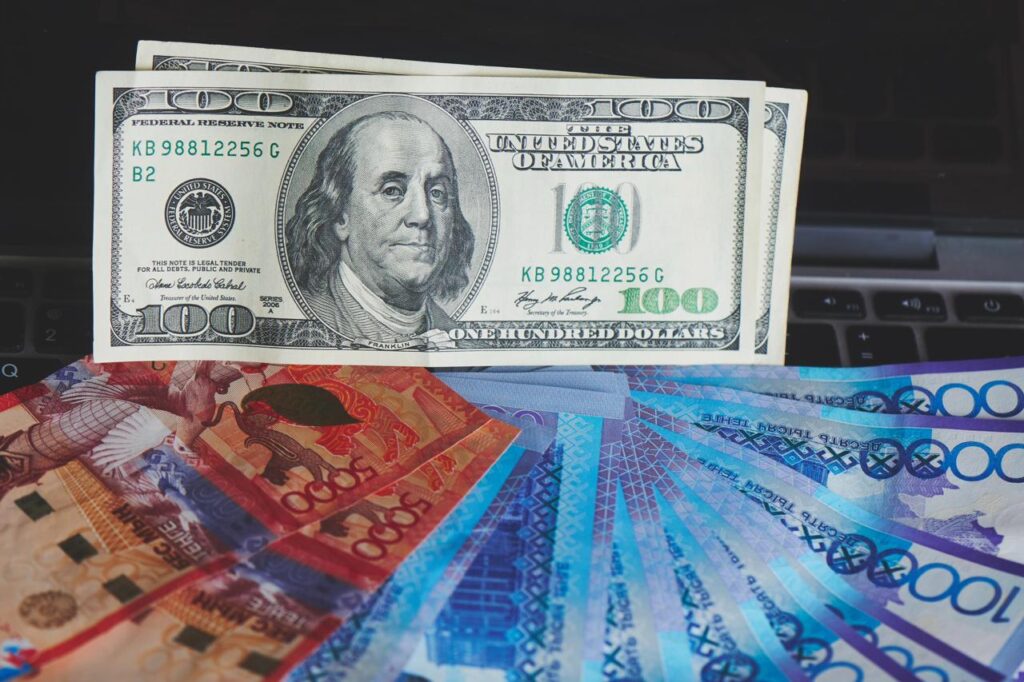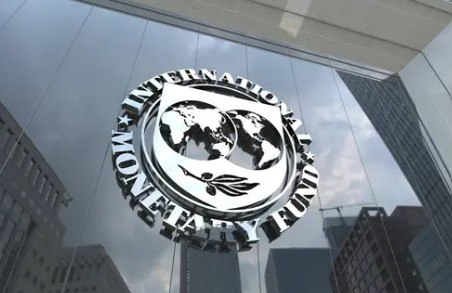A meeting of the Kazakh-German Intergovernmental Working Group on Trade and Economic Cooperation was held in Berlin on February 16th. It was co-chaired by Kanat Sharlapaev, Kazakhstan’s minister for industry and construction, and Dominik Schnichels, the director for foreign trade policy of Germany’s Federal Ministry of Economic Affairs and Climate Protection.
The meeting discussed bilateral trade and economic relations, cooperation in energy, environment, agriculture and water management, transport, logistics and infrastructure, as well as cooperation in raw materials, industrial and technological spheres, the Kazakh Embassy in Germany reported.
Mr Schnichels commented: “To confirm once again the level of Strategic Partnership between Kazakhstan and Germany, constructive and fruitful talks were held at today’s meeting of the Intergovernmental Working Group, which made it possible to identify specific projects in priority areas.”
“The agreements reached today demonstrate that this bilateral platform contributes to improving the framework conditions for further rapprochement of government and business circles, as well as practical promotion of mutual trade and investment. Kazakhstan is a resource-rich country with unique opportunities. Germany is interested in further deepening trade and economic cooperation in the way of the ongoing economic and social reforms in the country.”
In his speech, Mr Sharlapaev stressed that the strategic synergy between Kazakhstan and Germany, together with a convenient geographical location at the crossroads of intercontinental transport routes, including energy supply routes, strengthens Kazakhstan’s position as a regional investment hub and one of the key players in the global energy arena.
“The development of the Trans-Caspian International Transport Route
(Middle Corridor) is of great importance for Kazakhstan as a reliable supplier of energy resources and strategic goods to Europe,” he said. “Strengthening Kazakhstan’s industrial potential is also among the strategic areas of cooperation with Germany.”









